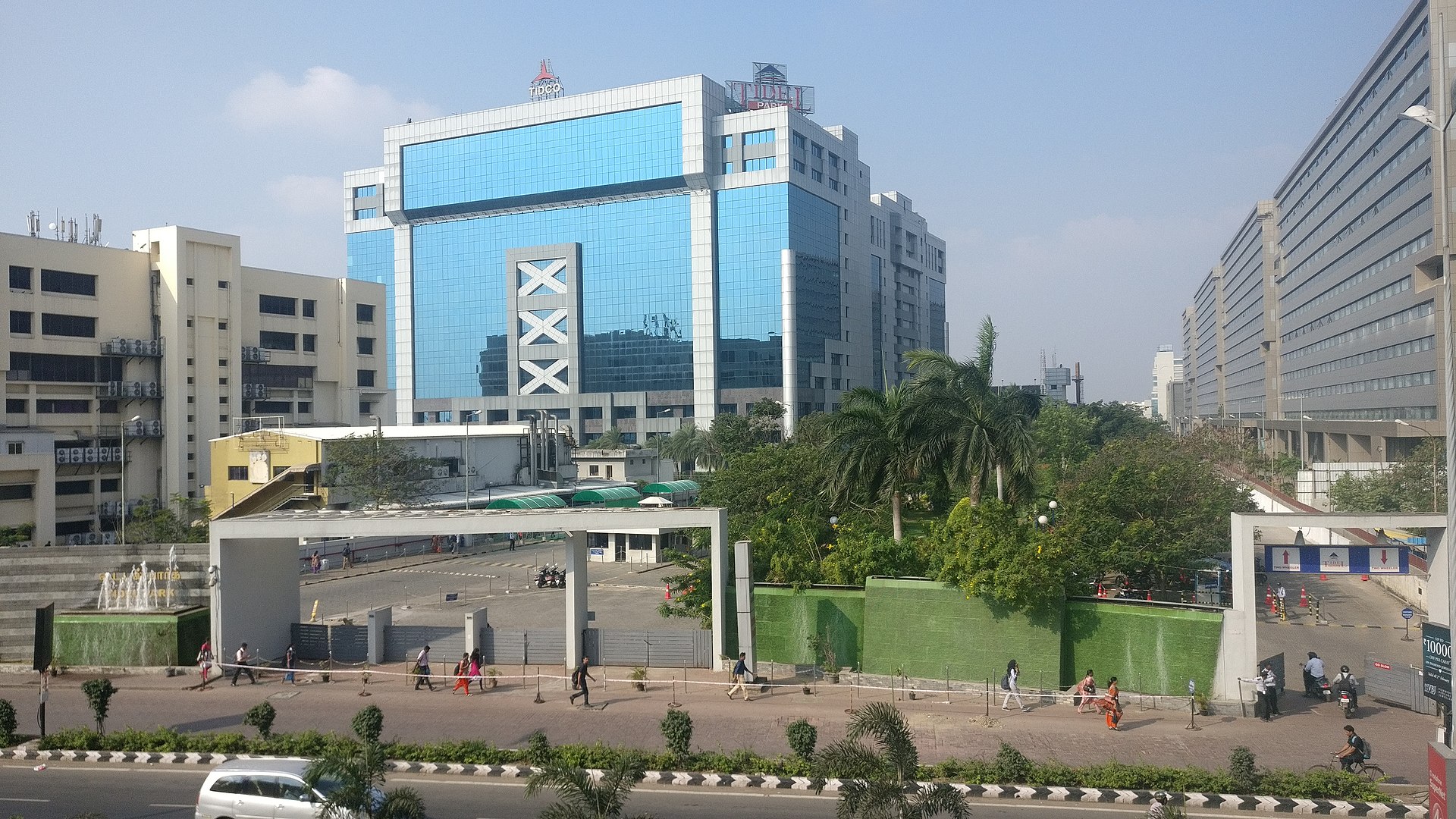 BBC News
BBC NewsBorrowing was £17.4bn last month, the second highest October figure since monthly records began in 1993.

Dinesh Dhamija
I love reading sharp economic analysis. You can always tell when someone has mastered their subject and can deploy statistics like small bombs – bang, bang, bang and the argument is over.
One such piece appeared this week on Reuters.com, written by the energy analyst John Kemp. He compared the current rise of India with that of China in the 1990s and early 2000s.
Of course, there are many differences, as he admits. India is a democracy, China a communist dictatorship. China’s cities are further north, so they need more energy for heating. China had a stronger manufacturing base; many Indians speak English.
But the similarities are remarkable:
India’s median population age is now 27.9, which China reached in 1998.
35 per cent of India’s population lives in urban areas, just as it did in China in 2000.
GDP per capita at purchasing power parity is $7,100, which China reached in 2007.
Energy consumption is now above 26 gigajoules per person, just like China in the mid-1990s.
What Kemp deduces from these parallels is that India will now enjoy two decades of rapid and sustained economic growth, just as China forged ahead in the years before and after the millennium, following the liberalising measures of the 1980s and 1990s.
There is a “large rural population ready to migrate to urban areas in pursuit of better paid work and a large potential to industrialise by catching up with more advanced economies,” he points out.
Kemp believes that India is on the brink of ‘take-off’, the point where urbanisation, industrialisation, household incomes and energy consumption increase most rapidly, usually for several decades at a time.
The implications of this 20-year-long transformation are astonishing. The country will see a huge increase in demand for energy, goods and services, for travel, food and drink, technology and healthcare… anything that is sold in the West will be wanted in the subcontinent.
As I describe in my book The Indian Century, it will provide the opportunity of a lifetime for a new generation of entrepreneurs.
Strikingly, there are few other such economies anywhere else in the world. At a predicted 6 per cent per annum, next year India will grow faster than China (4-5 per cent), twice as fast as the global average (3 per cent) and four times as fast as advanced economies such as the EU and the United States (1.5 per cent).
From an emerging markets point of view, India is becoming the only game in town.
Dinesh Dhamija founded, built and sold online travel agency ebookers, before serving as a Member of the European Parliament. His latest book, The Indian Century, will be published in early 2024